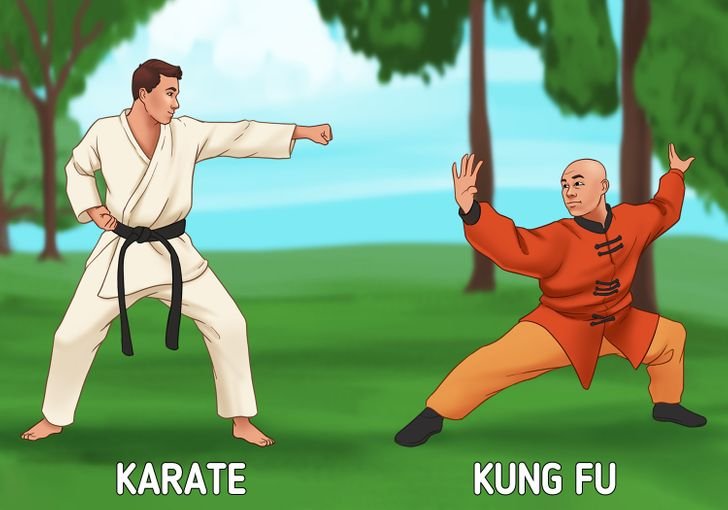Introduction to Kempo classes
Kempo classes are a type of martial arts training aimed at improving physical and mental strength. In these classes, children can learn self-defense skills, discipline, and respect for themselves and others. They can also build confidence, improve focus, and enhance their overall coordination and agility. Through Kempo classes, children have the opportunity to engage in physical activity while developing important life skills.
The benefits of Kempo for children
Kempo classes can improve your child's confidence in various ways. They provide a safe and supportive environment for kids to build self-esteem and social skills through group activities and positive reinforcement. Kempo can also help children develop discipline, focus, and physical coordination, promoting a sense of accomplishment and boosting their confidence.
Improving confidence through Kempo
Kempo classes can help your child build confidence by teaching them self-defense skills and promoting physical fitness. Through Kempo, children can learn how to defend themselves in challenging situations, which can help them feel more empowered and self-assured. Additionally, the discipline and focus required in Kempo training can help children develop a strong sense of self-confidence and self-esteem.
Building discipline and focus
Building discipline and focus is a key aspect of kempo classes for children. Through regular training and practice, children learn to follow instructions, set goals, and stay committed to their practice. This helps them improve their attention span, self-control, and ability to concentrate on tasks. Kempo classes also emphasize the importance of respect and courtesy towards instructors and fellow students, contributing to the development of discipline and focus in children.
Physical fitness and coordination
Improving physical fitness and coordination is a key benefit of Kempo classes for children. Kempo helps children develop strength, flexibility, and balance through various physical exercises and movements. These classes also enhance coordination skills as children learn and practice different techniques, footwork, and body positioning. As a result, Kempo can contribute to boosting your child's overall physical development, making them more agile and confident in their movements.
The mental aspect of Kempo
The mental aspect of Kempo is a key factor in how it can improve your child’s confidence. Kempo classes teach discipline, focus, and self-control, which can help your child develop a positive mindset and inner strength. Through regular practice, children can gain a sense of accomplishment and learn to manage their emotions effectively. This mental resilience can translate into increased confidence and a more empowered mindset in various areas of their lives.
Finding the right Kempo class
Look for a dojo that emphasizes positive reinforcement and creates a firm yet supportive environment for children. It's also essential to inquire about the instructor's credentials and teaching approach to ensure that your child will receive proper guidance and encouragement. CHARACTER MATTERS. Remember that the right martial arts class should foster your child's confidence and instill a sense of discipline, respect, and determination.
Joining a Kempo dojo
When joining a Kempo dojo, your child can benefit from physical activity, learning self-defense skills, and building self-confidence. Kempo classes are designed to improve physical and mental strength, discipline, and focus. Through dedicated practice, children can develop a sense of accomplishment and become more self-assured. Joining a Kempo dojo can also provide them with a sense of belonging to a supportive community that encourages personal growth.
Parental involvement and support
Getting involved in your child's Kempo classes can significantly boost their confidence. Encourage your child to practice at home and attend classes regularly. Offer praise and positive reinforcement for their efforts and progress. Show interest in their learning by asking about their techniques and what they enjoy about the classes. Participate in any events or demonstrations to demonstrate your support for their interest in Kempo. Ask the instructor for feedback on your child's progress and what you can do to help them improve. Your involvement and support can make a big difference in your child’s confidence and enjoyment of Kempo classes.
Conclusion: The impact of Kempo on children
Kempo classes can significantly boost your child's confidence. Practicing Kempo helps children develop discipline, focus, and self-control, which are essential for building confidence. Additionally, the physical skills they learn in Kempo can make them feel safer and more secure in their abilities. The supportive environment of Kempo classes also fosters a sense of belonging and achievement, further enhancing your child's self-assurance.






